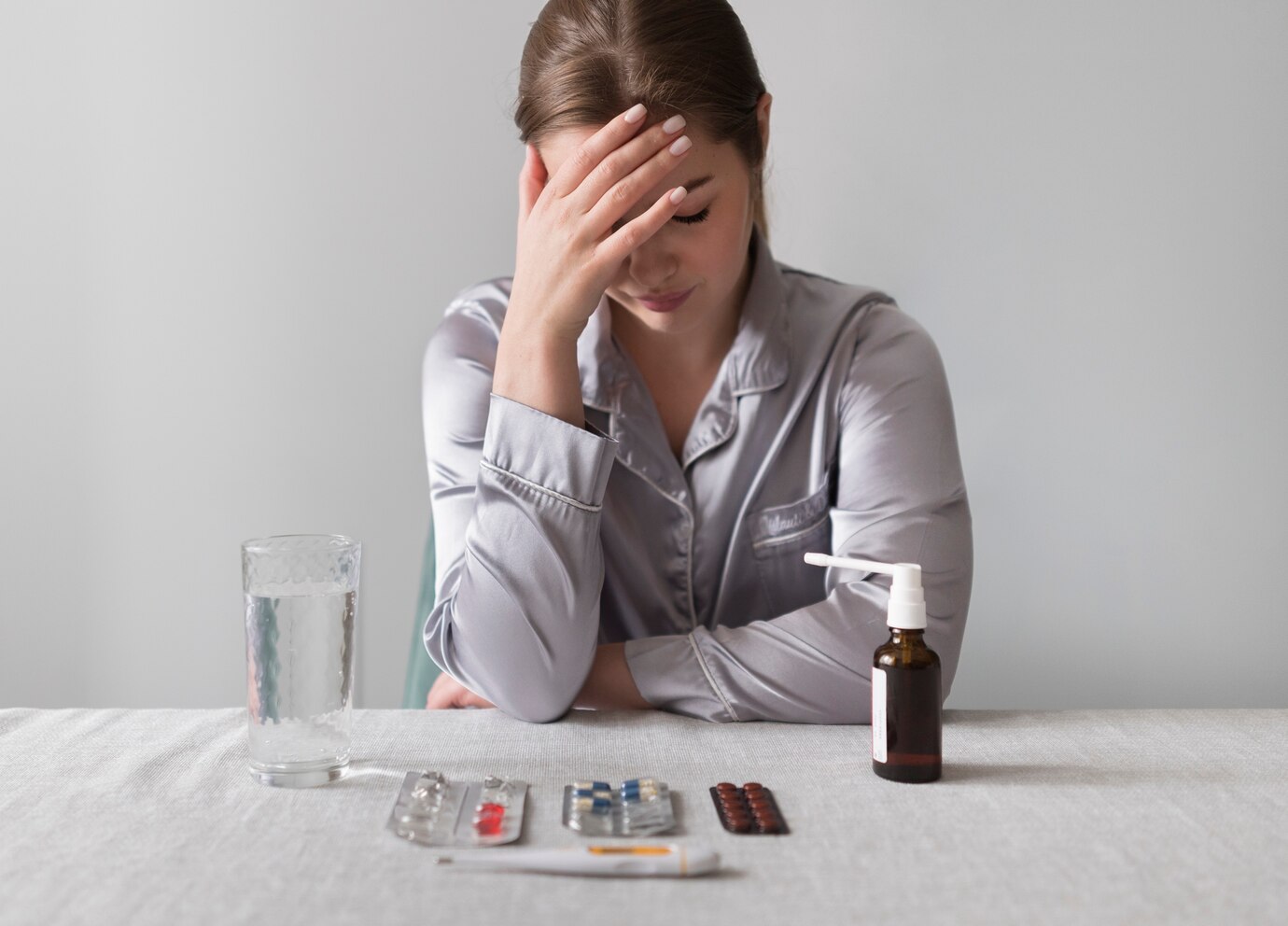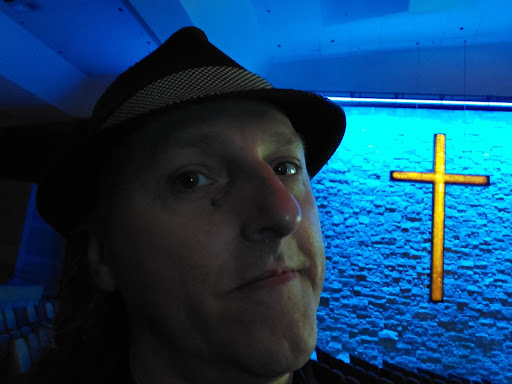What Is Treatment-Resistant Depression?

Depression is one of the most common mental health disorders, affecting millions worldwide. While many people find relief through traditional treatments such as therapy and medication, others continue to struggle with persistent symptoms. When depression does not respond to standard treatments, it is classified as medication resistant depression. This condition presents unique challenges, often requiring alternative approaches to achieve relief. Understanding its causes, symptoms, and treatment options is essential for those seeking effective solutions.
Understanding Medication-Resistant Depression
Medication resistant depression refers to a condition where individuals do not respond to at least two different antidepressant treatments. Many factors contribute to this resistance, including genetics, brain chemistry, and underlying medical conditions. Those affected may experience prolonged sadness, hopelessness, and fatigue despite adhering to prescribed medications. The lack of response can lead to frustration and emotional exhaustion, making it crucial to explore alternative treatment strategies.
Causes of Treatment-Resistant Depression
Several factors influence why some individuals do not respond to conventional depression treatments. Genetic predisposition plays a significant role, affecting how the brain processes medications. Neurotransmitter imbalances may also contribute, preventing antidepressants from functioning as intended. Additionally, co-existing mental health conditions like anxiety or obsessive-compulsive disorder can complicate treatment, requiring more specialized approaches such as OCD therapy Houston options. Addressing these underlying issues is vital to improving treatment outcomes.
Symptoms That Indicate Resistance to Treatment
Individuals with medication resistant depression often exhibit persistent symptoms despite undergoing treatment. They may continue to experience deep sadness, loss of interest in activities, and difficulty concentrating. Sleep disturbances and changes in appetite are also common indicators that standard antidepressants are not working. Feelings of worthlessness and suicidal thoughts can intensify, emphasizing the need for immediate intervention. Recognizing these symptoms allows individuals to seek alternative treatments that may offer relief.
Alternative Treatments for Medication-Resistant Depression
When traditional medications fail, alternative treatments become essential. Ketamine therapy has gained attention for its rapid and effective results, especially for individuals who have not responded to other medications. Electroconvulsive therapy (ECT) and transcranial magnetic stimulation (TMS) are also viable options that target brain activity differently. For those with co-occurring conditions, specialized interventions such as OCD therapy Houston programs can provide a comprehensive treatment approach. Exploring these alternatives can open new possibilities for relief.
The Role of Therapy in Managing Depression
While medication is often the first line of treatment, therapy remains a powerful tool for managing medication resistant depression. Cognitive-behavioral therapy (CBT) helps individuals identify negative thought patterns and develop coping mechanisms. Psychotherapy provides a safe space to explore emotions, while exposure therapy can be effective for those with overlapping OCD symptoms. Many mental health professionals recommend combining therapy with other treatments to maximize benefits. Accessing professional support can significantly improve emotional well-being.
Lifestyle Changes That Support Recovery
Beyond medical interventions, lifestyle adjustments play a crucial role in managing depression. Regular physical activity boosts endorphin levels, promoting a natural sense of well-being. A balanced diet rich in nutrients supports brain health and enhances mood stability. Establishing a consistent sleep routine can also improve mental clarity and emotional resilience. Additionally, stress management techniques such as meditation and mindfulness can help individuals navigate daily challenges. Combining these changes with OCD therapy Houston programs can lead to better overall results.
The Importance of a Support System
Dealing with medication resistant depression can feel isolating, but having a strong support system makes a significant difference. Family, friends, and mental health professionals provide encouragement and guidance throughout the treatment process. Support groups offer a sense of community where individuals can share experiences and gain insights from others facing similar struggles. Open communication about mental health fosters understanding and reduces stigma, making it easier to seek help. Building a supportive network enhances emotional resilience and strengthens recovery efforts.
Seeking Professional Help for Treatment-Resistant Depression
Persistent depression requires expert intervention to identify the most effective treatment options. Mental health specialists conduct thorough evaluations to determine underlying causes and recommend personalized strategies. They may suggest medication adjustments, alternative therapies, or integrative treatment plans. Individuals exploring OCD therapy Houston services often find relief when combined with tailored depression treatments. Taking proactive steps toward professional help increases the likelihood of finding a solution that works.
Conclusion
Medication resistant depression presents significant challenges, but it does not mean hope is lost. Alternative treatments, therapy, lifestyle changes, and strong support systems can all contribute to improved mental health. Exploring various options, including OCD therapy in Houston services, allows individuals to find the best approach for their needs. With determination and professional guidance, overcoming treatment-resistant depression is possible. Seeking help and remaining open to different strategies paves the way for a better, more fulfilling life.
FAQs
1. How do I know if I have medication-resistant depression?
If you have tried at least two different antidepressants without significant improvement, you may have medication resistant depression. A mental health professional can assess your symptoms and recommend alternative treatments.
2. Can therapy help with treatment-resistant depression?
Yes, therapy plays a crucial role in managing depression. Cognitive-behavioral therapy, exposure therapy, and psychotherapy can be effective, especially when combined with other treatment options.
3. What are some alternative treatments for depression?
Alternative treatments include ketamine therapy, transcranial magnetic stimulation (TMS), and electroconvulsive therapy (ECT). Many individuals also explore OCD therapy Houston options if they have co-occurring conditions.
4. Is lifestyle change enough to treat medication-resistant depression?
Lifestyle changes alone may not be sufficient, but they can enhance the effectiveness of other treatments. Regular exercise, a healthy diet, proper sleep, and stress management techniques support mental well-being and complement medical interventions.
Note: IndiBlogHub features both user-submitted and editorial content. We do not verify third-party contributions. Read our Disclaimer and Privacy Policyfor details.







